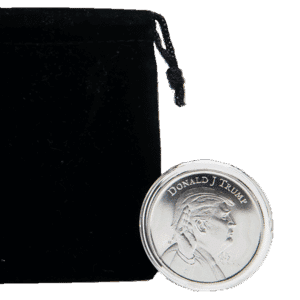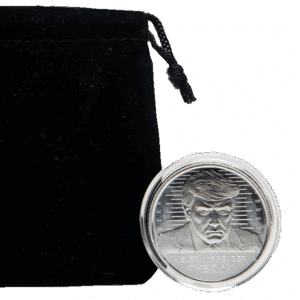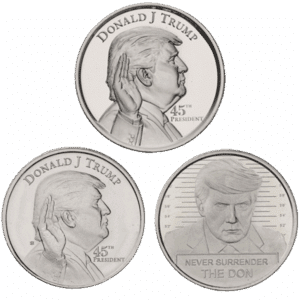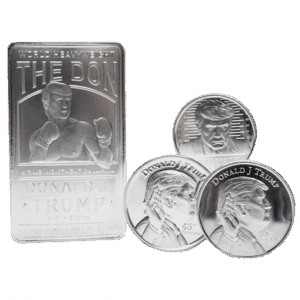There are few European mints as well-known as the Austrian Mint. The Austrian Mint has a history as rich as the country itself. Want to learn more about the creator of the Austrian Philharmonic gold coins? Read on to learn more about the Austrian Mint, its history, and the coins they create.
What is a Mint?
First, let’s start with some background information. If you’re new to the bullion world, you might wonder, “what is a mint?” Mints are facilities that produce coins for use as currency or for sale to collectors. National mints, like the Austrian Mint, produce coins recognized by the government as legal tender. The mint is also responsible for the distribution of the currency, protection of the Mint’s assets, and overseeing production facilities.
What is the Austrian Mint?
The Austrian Mint in Vienna is responsible for minting Austrian coins. In 1989, it became a public limited company and a subsidiary of Austria’s central bank Oesterreichische Nationalbank. The mint carries out both the design and stamping of the coins it produces.
The History of the Austrian Mint

The roots of this infamous Mint date all the way back to 1194 when Richard the Lionheart paid Duke Leopold V of Austria 12 tonnes of silver. Back in that day, an insult was an offense that came with fees. King Richard I insulted the Duke, the Duke captured him on his passage back to England and imprisoned him, so Richard had to pay up to buy his freedom. The Duke decided to strike coins from this hoard of silver, so Richard not only avoided a year-long prison sentence with his payment, but he also laid the foundations of the Austrian Mint. Thus began the more than 800-year history of Vienna’s minting history.
The Coins of the Austrian Mint
The two most recognizable coins from the Austrian Mint are no doubt the Vienna Philharmonic and the Gold Ducat coins. Both coins are well-known for their fine gold content and classic designs.
The Gold Philharmonic

The Philharmonic depicts a collection of instruments such as the cello, violin, harp, horn, and bassoon while the obverse side features the great organ with the year, weight, and face value. In 1989, Chief Engraver Thomas Pedendorfer designed the coin to reflect the cultural pride Austrians have for their beloved music and orchestra. We’re sure The Sound Of Music’s Maria would be proud of this coin!
The Gold Ducat
The history of the Gold Ducat is a touch complex since this format of gold coin was issued in the Middle Ages and used in countless societies over the years. As a result, there have been many different designs, weights, and sizes. The most popular is the Austrian Dutch Ducat. On the obverse is a profile of a young Emperor Granz Joseph I, and on the reverse is a double-headed eagle and shield of the Hapsburg Dynasty. The Austrian Mint ceased production of Ducat Gold Coins during World War I, but restrikes were struck by the mint on occasion from 1915 to the end of the 20th century.
Do you want to add some bullion products to your collection? Shop coins from the Austrian Mint from Bullion Express’ selection today!






